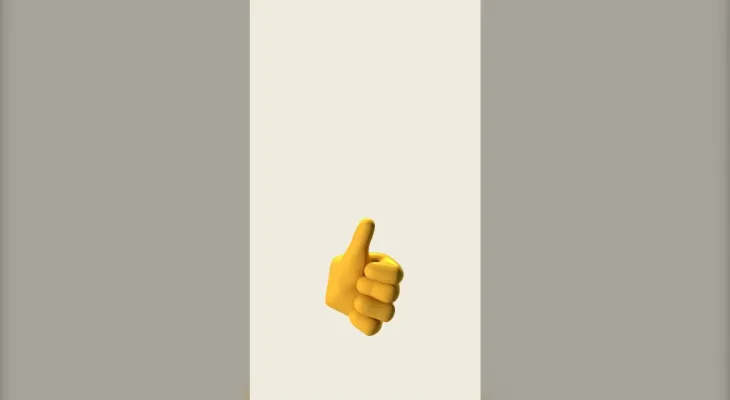Search here
Newspaper
Search here

Arab Canada News
News

Published: July 6, 2023
A court in the province of Saskatchewan ruled that sending a thumbs-up emoji can indicate a contractual agreement.
The case in question was between "Southwest Terminal" and "Achtier Land and Cattle" regarding a flax contract, where Southwest argued that the thumbs-up emoji during a text message was understood as an agreement by Achtier to supply the flax to Southwest.
Judge T.J. Keen agreed with this, awarding Southwest $82,200 in compensation, along with interest and legal costs. The court's decision explains that Southwest had been purchasing grain from Achtier since 2012.
On March 26, 2021, a Southwest representative sent a text with the details of the flax delivery agreement. According to court documents, there were phone calls between representatives of both companies. Southwest drafted the contract; the company representative took a picture of the contract and its signature and sent it to the owner of Achtier with a message requesting confirmation of the flax contract. The latter responded using a thumbs-up emoji. However, the flax was not delivered in November.
Judge T.J. wrote, "A contract is only formed when one party makes an offer that the other party accepts with the intention to create a legal relationship and supported by consideration." Judge Keen clarified that the standard is whether a reasonable observer can conclude that the parties agreed on the contract.
A Southwest representative said he had entered into approximately 15-20 contracts with Achtier before this incident; four of these were sent via text messages.
The court record stated that in July 2020, the representative sent a similar signed contract to Achtier’s owner, who replied by text message saying it looked good. The representative considered that to mean the owner agreed to the contract. The court record mentioned that Achtier delivered the contract without issue.
Judge Keen said, "What we have is an undisputed pattern of entering into what both parties know and accept as valid and binding deferred purchase contracts on several occasions." It was heard that every time the contract was sent, Achtier’s owner responded with "yes" or "okay."
Keen said, "Both parties clearly understood these words to be confirmation of the contract and not merely an acknowledgment of receipt of the contract."
Judge Keen ruled in favor of Southwest, writing, "In my view, a reasonable passerby who knows all the background would come to an objective understanding that the parties have reached consensus on a meeting of the minds clause, just as they have on many other occasions. Therefore, I find under these circumstances that the positive thumbs-up emoji is an electronic act that can be used to express acceptance." Judge Keen acknowledged the novelty of the case.
The judge said, "Nevertheless, neither this court can nor should attempt to stop the wave of technology and common usage. This seems to be the new reality in Canadian society, and courts must be prepared to face new challenges that may arise from the use of emojis and the like."
Comments